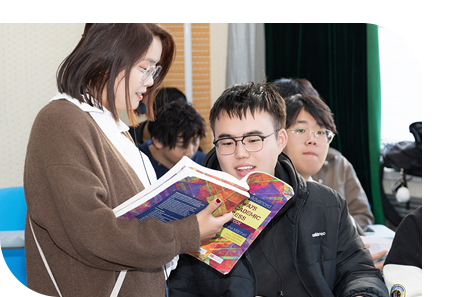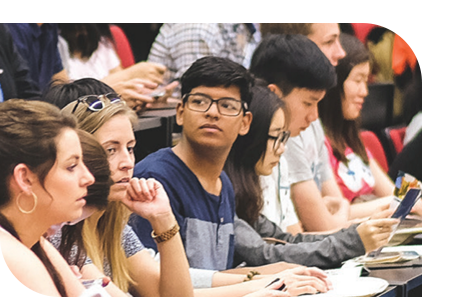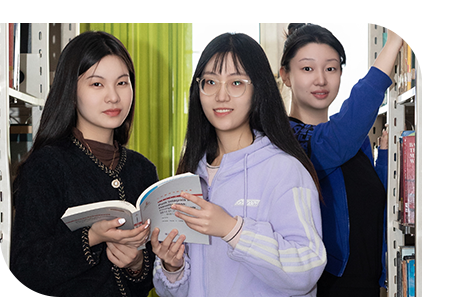On March 2nd at 10 a.m., in order to efficiently promote the smooth implementation of the school's international cooperation program for innovative talents (referred to as the Innovation Program), our school and the Department of American and University Affairs of the China Scholarship Council held a special video conference on the innovation program in Room 609 ofAulinCollege. Wang Jing, deputy director of the Department of American and University Affairs, and the project management team, Sun Zhiping, director of the International Cooperation Office, Liu Zhiming, Dean ofAulinCollege, Wang Xinzheng, vice dean of the Graduate School, and Professor Wang Xiaochun of the Forestry College attended the meeting.
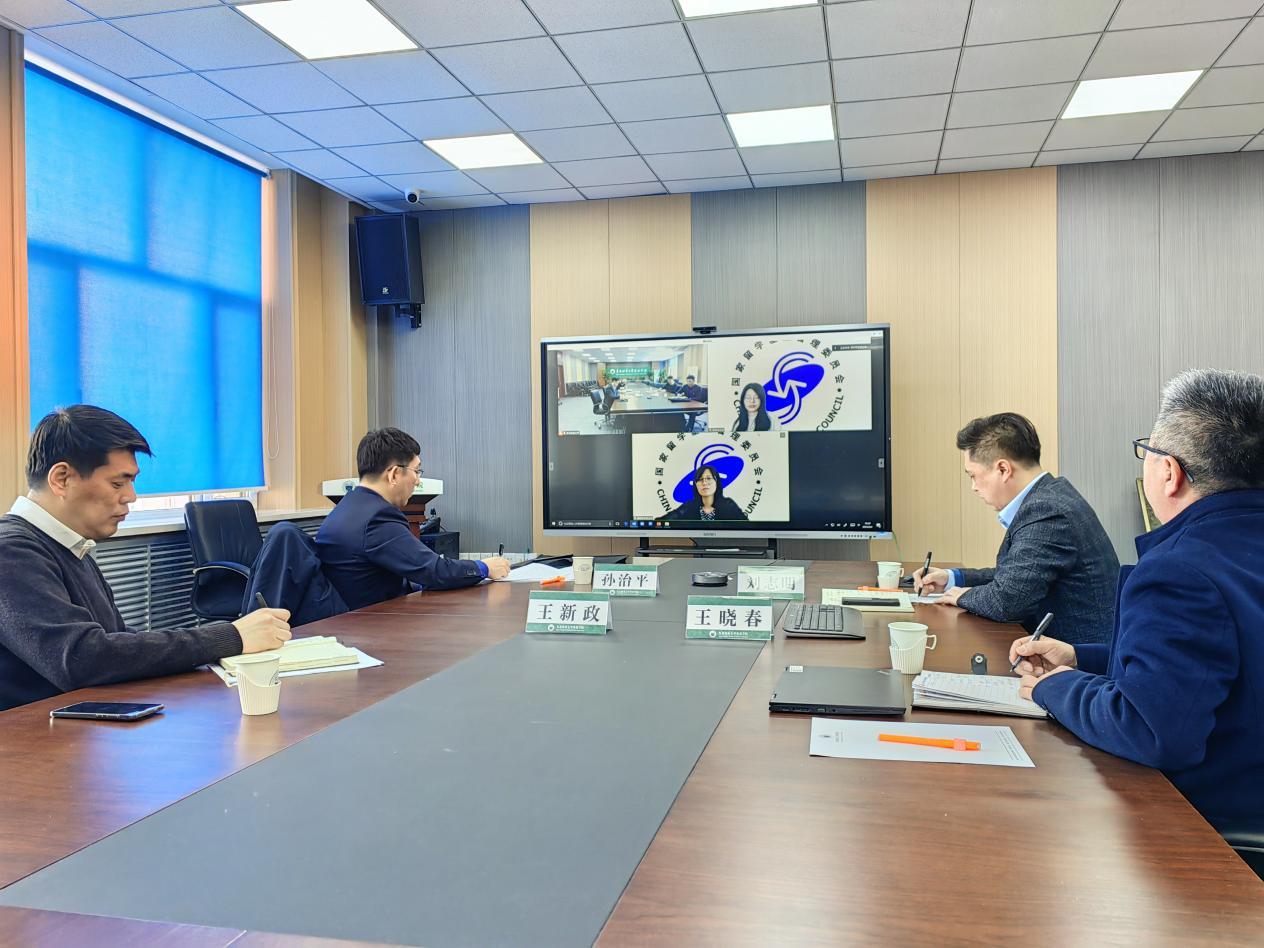
The meeting was presided over by Director Sun Zhiping. He briefly introduced the school's international exchange situation in recent years and expressed his gratitude to the China Scholarship Council for its support of the school's work. Vice President Wang Xinzheng introduced the situation of the university's public-funded study abroad program for postgraduate students and the ideas and plans for the next steps. President Liu Zhiming expounded on the original intention and advantages of our university's application for the innovation project from three dimensions: why to apply. Professor Wang Xiaochun, representing the ecology discipline as the project application leader, introduced the advantages of our ecology discipline and international exchanges.
Wang Jing, deputy director of the Department of American and University Affairs, gave full recognition toNEFU's international exchanges and cooperation, especially the results of Sino-foreign cooperative education, stating thatNEFUhas done a very solid job. Then she gave a comprehensive introduction to the purpose and significance of carrying out the innovation project, as well as the talent cultivation achievements of carrying out the innovation project in various universities across the country. She focused on the specific requirements in terms of project application and management, as well as the scale and category of the selected students.
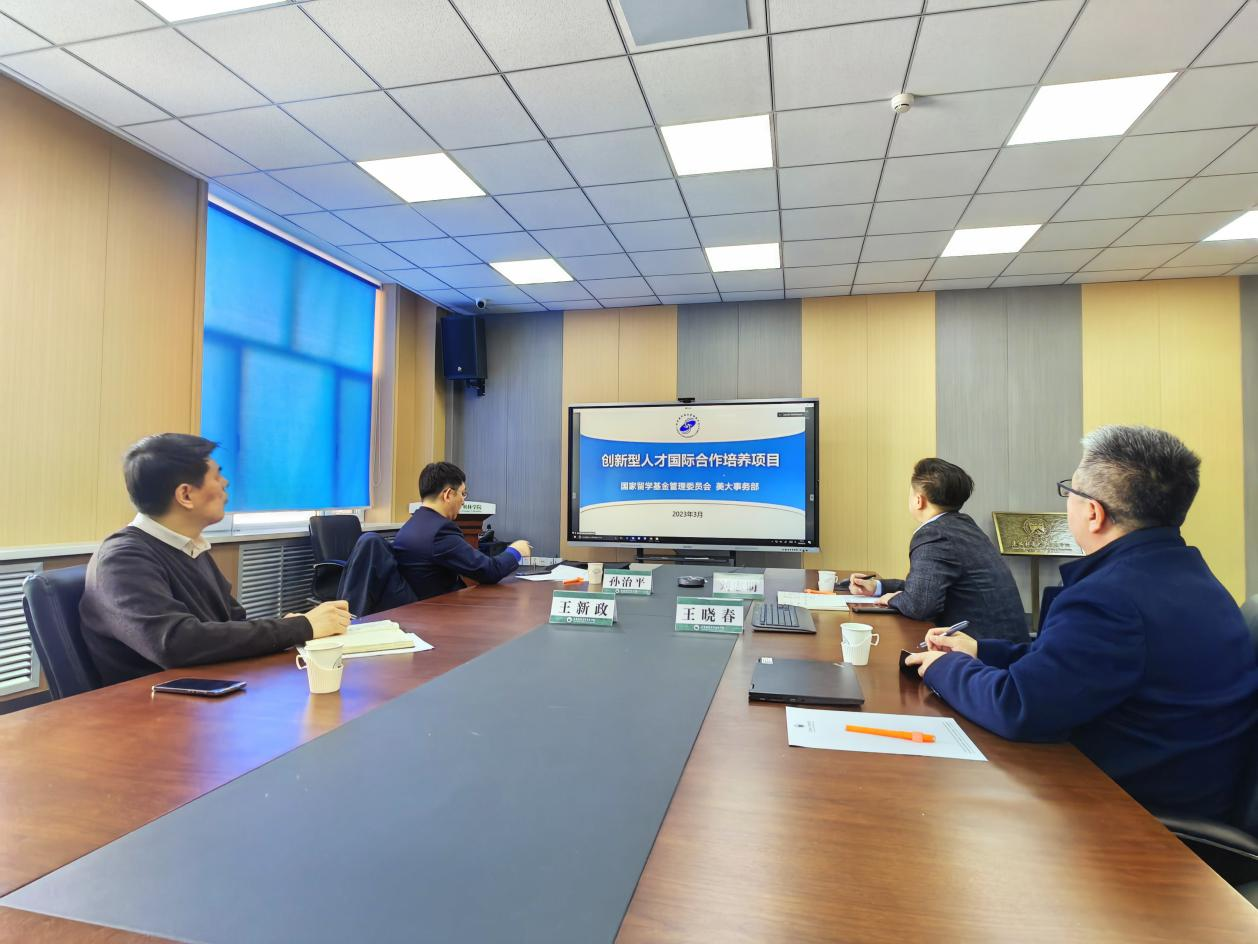
The two sides also had a thorough exchange on details such as the application and funding model of innovative projects, the scale of selection, and the form and path of cultivating high-level international talents. The international cooperation program for cultivating innovative talents has played an important supporting role in the cultivation of high-level international talents in relevant disciplines of our university and the construction of the "Double First-Class" university. The meeting has played an important role in promoting and guiding the overall design and efficient implementation of the next steps of the innovation project.
 College Overview
College Overview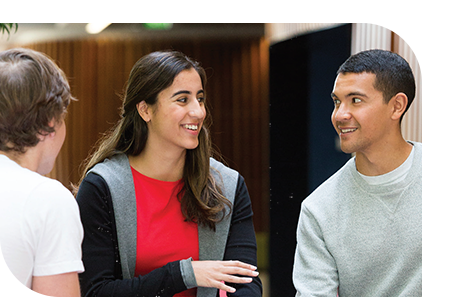 Admission & Employment
Admission & Employment Student Services
Student Services

